Search
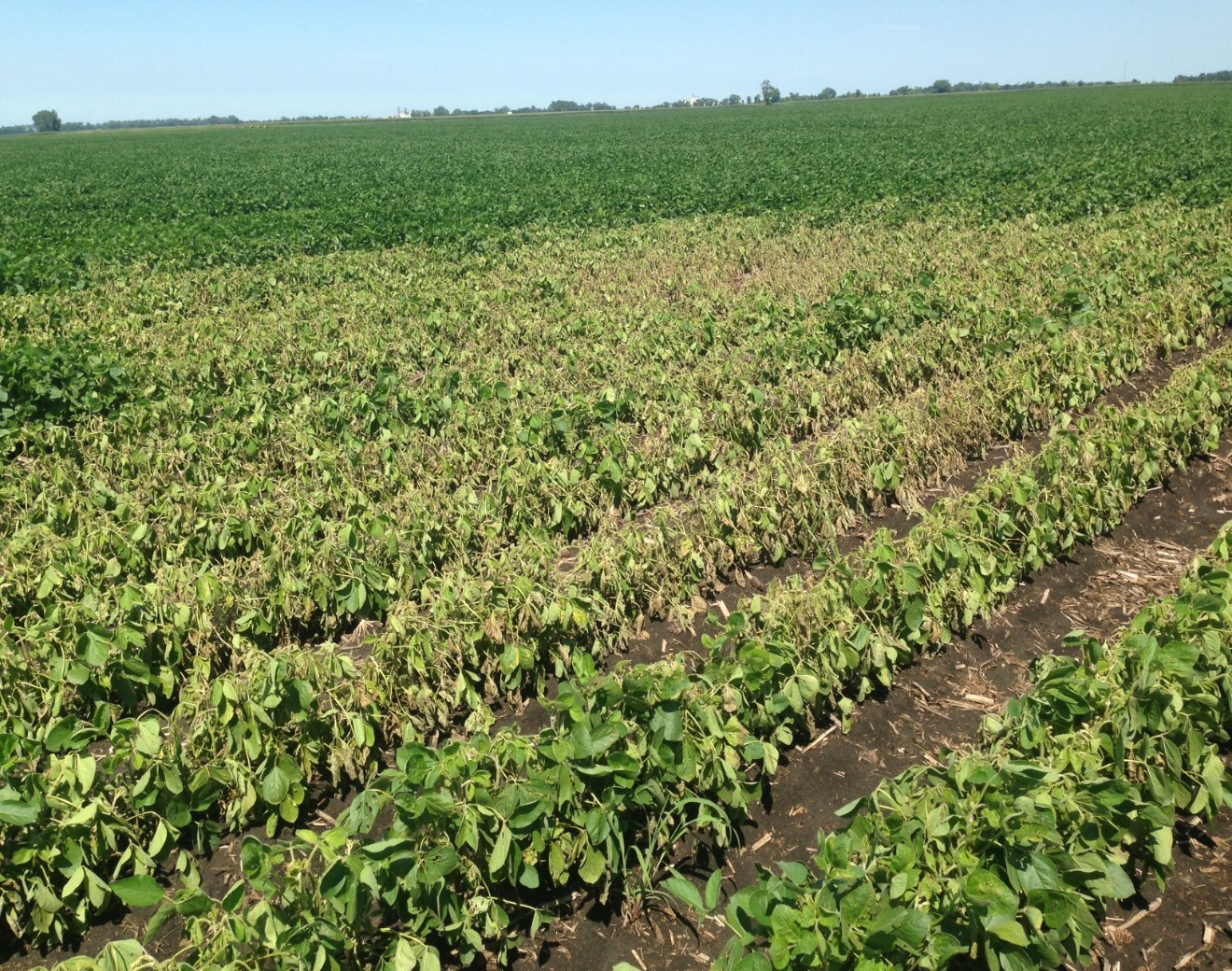
Replanting Considerations
Every season weather events such as hail or flooding can damage or destroy previously planted crops in all or in portions of fields. In May or even early June, many producers will replant these areas. As the end of June approaches, the window for replanting narrows and producers may want to do a more careful evaluation of whether or not to replant.
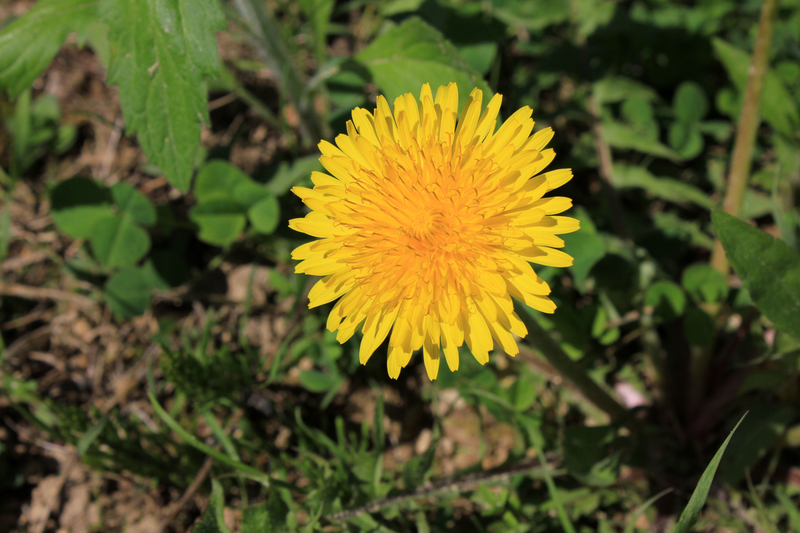
Spring Dandelion Control In Soybeans
Dandelion has become much more of a problem as farming practices have changed. Less tillage and increased use of glyphosate resistant crops along with reduced use of residual herbicides have allowed some perennial weeds such as dandelion to prevail.
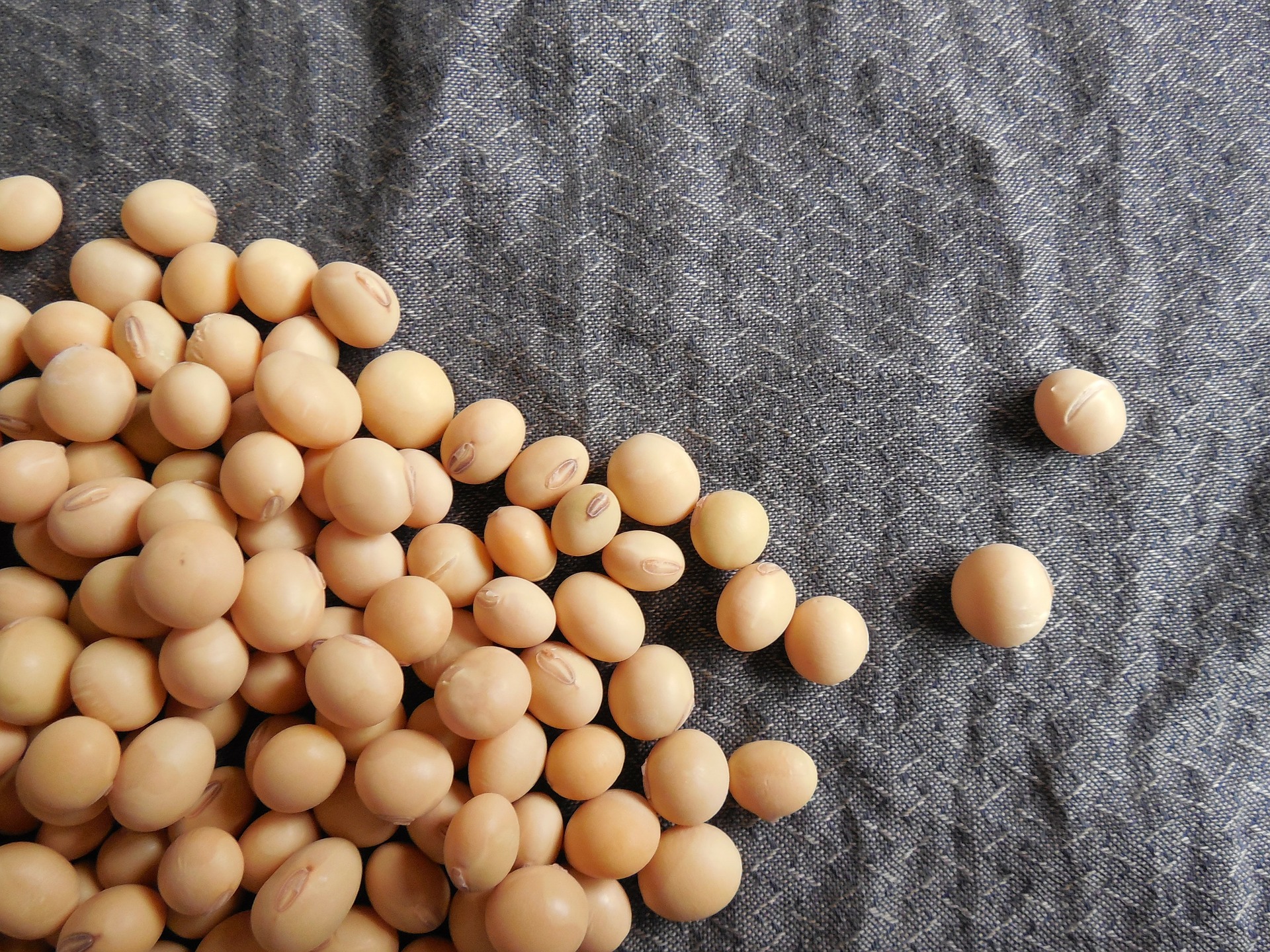
Want a Premium Price? Weed Control In NON-GMO Soybeans
Many emotions set in on farmers that hear the word “non-GMO”, but it could help them in times like today when prices are low for many farm products in South Dakota.
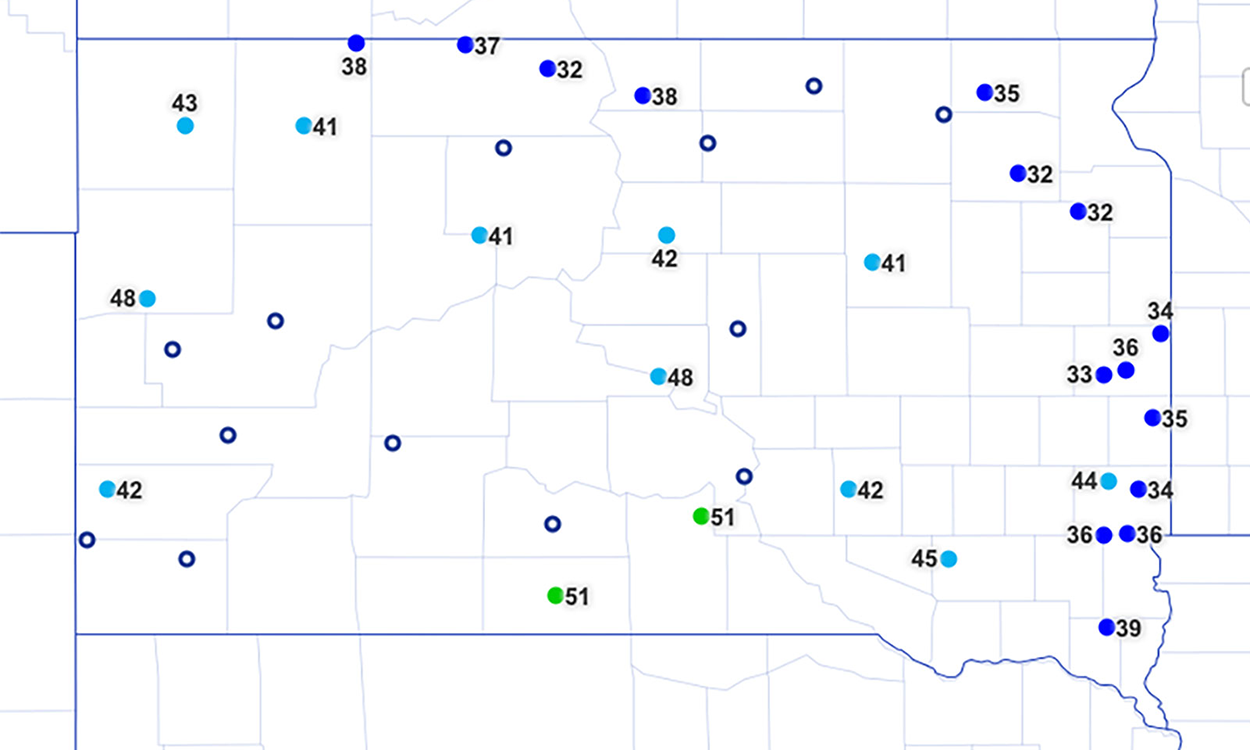
Delayed Planting Due to Soil Temperatures?
Although it can be tempting to get a head start with row crops, it's important to be mindful of soil temperatures and the risks associated with planting early.
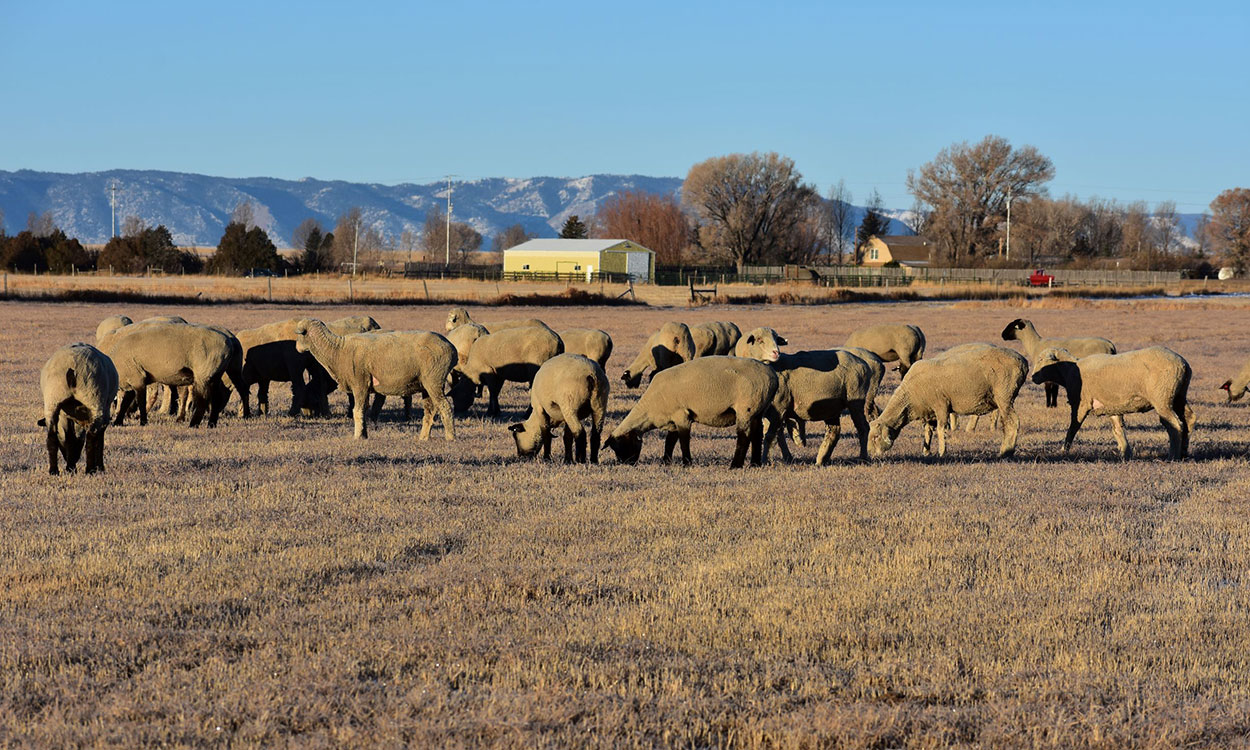
Multispecies Grazing: Benefits of Sheep Integration on Rangelands
Fact sheet about diversifying your operation to benefit your rangeland.
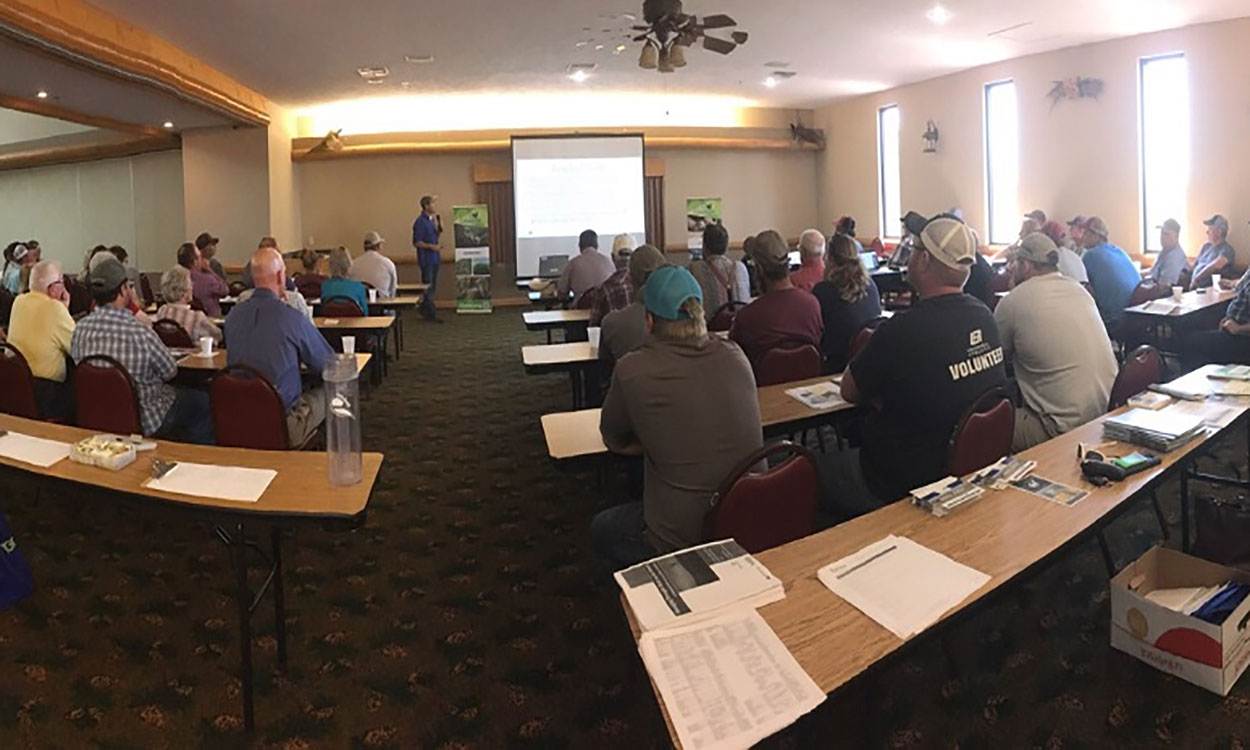
SDSU Extension to Host Drought Management Meetings
April 29, 2022
SDSU Extension will host drought management meetings across South Dakota May 10-12.
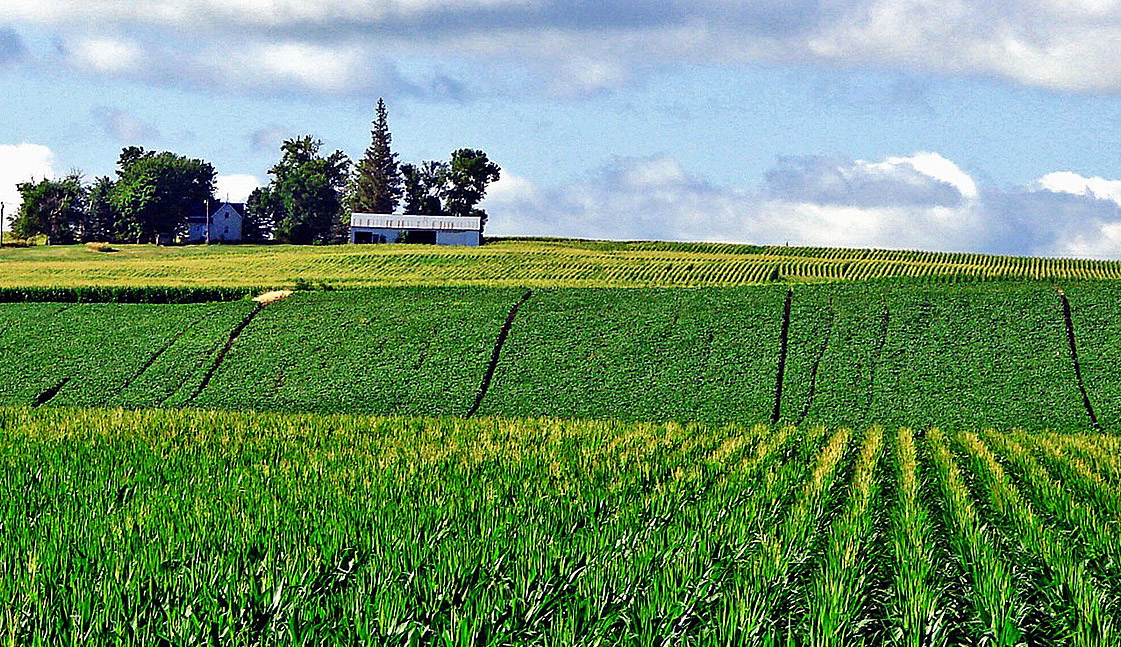
Crop Rotation in Farm Management
Crop rotation has long been considered an important farm practice. In 2013 producers had to stray from their well thought out crop rotations when the winter wheat crop in South Dakota failed.

SDSU Research Shows Effects Of Volunteer Corn In Corn And Soybeans
In 2007, researchers at South Dakota State University indicated that volunteer corn is much less competitive in corn than soybean. The South Dakota study (Alms et al. 2007) evaluated the full season effect of a range of volunteer corn densities (800-14,000 plants/acre) on both corn and soybean and reported yield losses that ranged from 0% to 13% in corn and 0% to 54% in soybean.
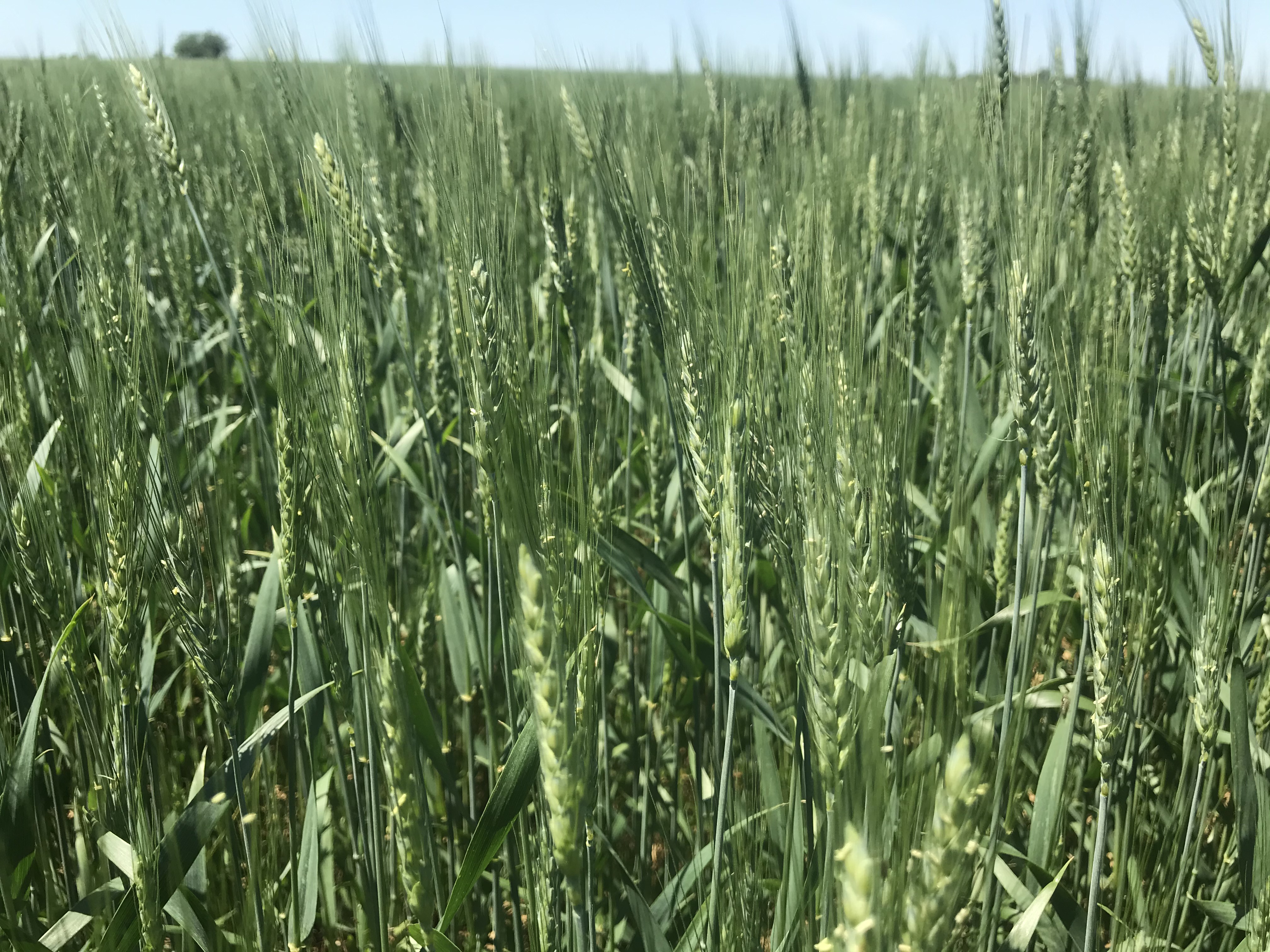
Crop Hour
SDSU Extension will deliver a series of virtual Crop Hour webinars starting January 9 through March 7, 2024, every Tuesday, Wednesday and Thursday from 10:00 a.m.-11:00 a.m. CST.